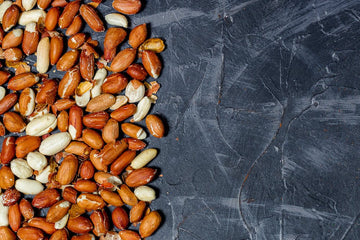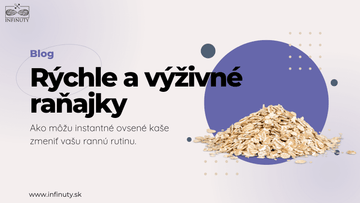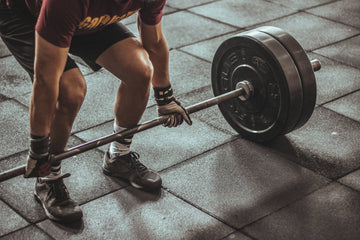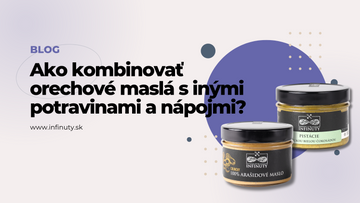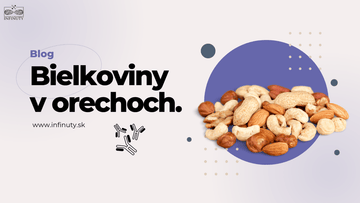Peanuts are one of the most famous foods in the world. Many people eat them just like that with a drink, in front of the TV, or as an addition to a meal. Peanuts can be salted or unsalted, roasted or unroasted, in the form of peanut butter or peanut oil. They are also very popular in the cosmetics industry. However, not everyone knows that peanuts are legumes and not nuts.
Most nuts, such as almonds, cashews, walnuts, or pecans, grow on trees, while pine nuts are the seeds of pine cones.
How and where do peanuts grow ?
Peanuts grow simply in the ground. After the yellow flowers bloom, testes appear on the stems, which burrow into the ground to a depth of 3-6 cm, where they ripen. The peanut fruit is a pod containing seeds covered with a purple-red scale, the so-called peanut nuts.
Peanut harvesting is a two-step process, where the entire plant is first dug up. The peanuts that remain on top are dried for several days and then collected using special pickers that separate the peanuts from the plant.
Although peanuts originated in South America (probably Peru), they are now grown in several countries. The largest peanut growers are China, India and the USA, but they can also be found in Nigeria, Argentina and Vietnam. For example, our peanuts that we use in InfiNuty come from Greece.
In Slovakia, peanuts are mainly associated with St. Nicholas's Day and Christmas, and few of us can imagine these holidays without them.
How are peanuts roasted?
Roasted peanuts are probably one of the most popular snacks. However, have you ever wondered how salt actually gets into peanuts?
The dried and harvested peanuts are transported to the factory for further processing. There they are washed thoroughly in cold water and then dried again. After this drying, they are immersed in a brine solution and pressed with a weight. Thanks to this step, the salt slowly reaches the inside of the peanuts without opening them.
The salted peanuts are soon dried again, then packaged and exported.
And how can you roast peanuts at home?
Preheat the oven to 175*C. Place the raw peanuts on a baking sheet in a single layer. Bake for 15 to 20 minutes. You can stir the peanuts once or twice during roasting . When done, the peanuts should be golden brown and the skin should come off easily.
So why should we eat them? What are their health benefits? What do peanuts actually contain?
Let's look at it together now.
What do peanuts contain ?
100g of peanuts contains:
- 567 calories
- 7% water
- 26g protein
- 16g carbohydrates, of which 4g are sugars
- 49g fat
- 7 g saturated fatty acids
- 24 g monounsaturated fatty acids
- 16 g polyunsaturated fatty acids
- 9g fiber
- 0g salt
As you can see, peanuts contain a fairly large amount of healthy fats, as well as high-quality protein. Thanks to their content, they are among the most popular foods (nuts) in various diets.
Additionally, peanuts are a great source of magnesium.
Are peanuts good for your diet ?
We often get asked if peanuts are good for a diet . Peanuts contain fiber, protein, and healthy fats and keep you full for a longer period of time. And that can help you with a diet .
For best results, consume raw peanuts , which are free of salt, flavorings , and added fats.
However, keep in mind that too much of anything can be harmful, so consume peanuts in moderation and stick to the recommended daily intake, which is around 46g per day.
Peanuts and their 10 effects on our health.
So how can peanuts help us?
- They may reduce the risk of cardiovascular disease – Peanuts contain resveratrol, an antioxidant that has very positive effects on our heart. In addition, regular consumption of peanuts is associated with a decrease in triglycerides in the blood, which also reduces heart disease.
- They help reduce weight – At first glance, it would seem that the high calorie content will increase our weight. However, the truth is that peanuts belong to the group of so-called. full foods. In short, this means that they will give us a feeling of fullness much earlier than other foods. As a result, we will eat fewer calories and this can help us reduce our weight. That is why peanuts or peanut butters are so popular in various diets.
- They may reduce the risk of gallstones - According to a study conducted by Harvard Medical School university on men, regular consumption of peanuts (5 or more nuts per day) reduces the risk of gallstones. In addition, another study with the same principle (consumption of 5 or more nuts per day) conducted on women, confirmed a reduction in the risk of gallbladder disease and its subsequent removal.
- They can help control blood sugar – The glycemic index of peanuts is 14. They also contain magnesium, and a lot of fiber, which helps lower blood sugar levels. Thanks to these properties, peanuts are called a “super food” for diabetics.
- May reduce cancer risk - High peanut intake has been linked to a reduced risk of colorectal cancer. The isoflavones, resveratrol, and phenolic acid found in peanuts have anti-cancer properties that may help reduce cancer risk.
- They help treat erectile dysfunction – According to one study, peanuts contain arginine, which is a well-known amino acid. In combination with other ingredients, arginine has a positive effect on male erections.
- Improves skin quality - Some studies suggest that eating peanuts may protect your skin from sunburn and damage. The vitamin E, magnesium, and zinc in peanuts may fight bacteria. In addition, peanuts also contain beta-carotene, which may improve skin health.
- Cure for Alzheimer's disease - Peanuts contain niacin, which has scientifically proven positive effects in fighting and also preventing Alzheimer's disease.
- They can keep your hair healthy – Some sources also state that eating peanuts can have a positive effect on the quality of our hair. This is due to the amino acids that peanuts contain.
- They provide the necessary energy – The protein and fiber that peanuts contain help convert carbohydrates into the necessary energy. Thanks to the fiber, after consuming peanuts, our digestion slows down, and the energy is released gradually.

